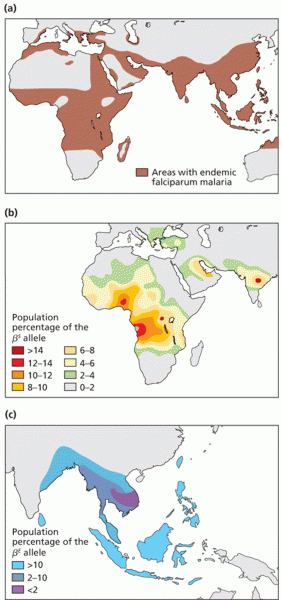|
|
|
A good example of polar molecules can be understood when trying to make a cake. If water and oil are required, they will not mix together. If you put them into a measuring cup, the oil will rise to the top while the water remains on the bottom.
Patients who cannot swallow may receive nutrition via a parenteral route—usually, a catheter is inserted through the chest into a large vein going into the heart.
Long-term mental and physical effects from substance abuse include: paranoia, psychosis, immune deficiencies, and organ damage.
Alzheimer's disease affects only about 10% of people older than 65 years of age. Most forms of decreased mental function and dementia are caused by disuse (letting the mind get lazy).
Warfarin was developed as a consequence of the study of a strange bleeding disorder that suddenly occurred in cattle on the northern prairies of the United States in the early 1900s.
 (a) The Dmanisi cranium (right) shows similarities to early African H. erectus including the Narioko
(a) The Dmanisi cranium (right) shows similarities to early African H. erectus including the Narioko
 The threshold model explains the discontinuous distribution of some multifactorial traits. In this m
The threshold model explains the discontinuous distribution of some multifactorial traits. In this m





